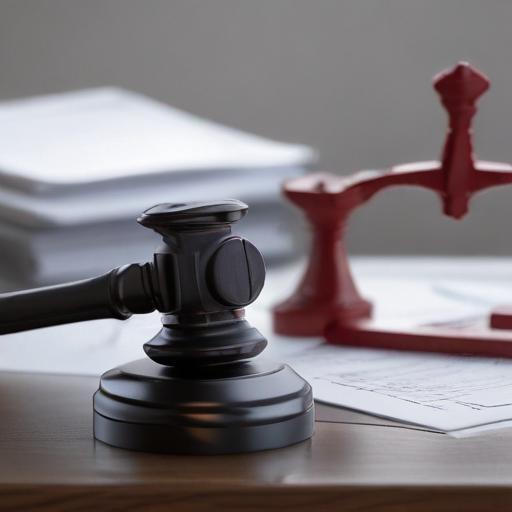Barr to testify on Epstein death as lawmakers press for answers about surveillance video and investigation
In the days after Jeffrey Epstein died in a Manhattan jail cell in August 2019, then-Attorney General William Barr pledged to personally oversee the investigation into his death. Barr’s early involvement included senior members of his staff arriving at the Metropolitan Correctional Center, an unusually hands-on approach for an inmate death. The episode underscored the high-profile nature of Epstein’s case and the broader questions it raised about jail oversight and the pursuit of accountability.
Barr later reviewed roughly 11 hours of jail surveillance footage from the night Epstein died, saying in a later interview that the video showed no one entering the area where Epstein was housed and that he agreed with the medical examiner’s ruling of suicide. However, when a public release of the video occurred, analyses by news organizations highlighted inconsistencies between Barr’s description and what the footage actually showed, including questions about whether anyone entered the cell block.
Now Barr is set to appear behind closed doors on Capitol Hill to answer questions from members of Congress conducting an oversight review of Epstein’s death. The House committee has signaled that Barr will be one of several figures questioned, including former President Bill Clinton, former Attorney General Eric Holder, and former FBI Director James Comey, all of whom faced subpoenas as part of the inquiry.
Barr, who served as attorney general under two Republican presidents and who led the department during Epstein’s death, has said he was appalled by what happened at the jail but maintained that his personal review of the surveillance footage supported the conclusion that Epstein died by suicide. His past ties to Epstein’s world have drawn attention; Barr faced questions about whether he should recuse himself because his former law firm, Kirkland & Ellis, once represented Epstein, and because of a decades-old connection involving Barr’s father-involved in a private school where Epstein once taught.
Ahead of Barr’s deposition, questions have circulated about what he saw in the MCC video and what remains unresolved. Key issues include whether a minute of footage is missing from the last hours before Epstein’s discovery, and whether Barr still believes no one entered Epstein’s cell block between the time he was locked in at 7:49 p.m. on August 9 and the next morning’s discovery at 6:30 a.m. Critics note that the camera angle provides only a partial view of the stairs to Epstein’s tier, making it difficult to draw definitive conclusions about intrusions on that level.
Further questions focus on whether investigators fully explored theories other than suicide. While there is no public evidence of involvement by others in Epstein’s death, debates have persisted about aspects of the autopsy and the conditions of Epstein’s confinement. A private autopsy commissioned by Epstein’s family raised questions about ligature marks and neck fractures, though the medical examiner’s office disputed that those findings necessarily point to violence beyond suicide. The matter has also fed into broader scrutiny arising from the 2023 inspector general’s report and related documents about the case.
As Congress intensifies its look at Epstein’s death, Barr’s deposition will mark another moment in the ongoing effort to understand how Epstein died behind federal walls and how safeguards at MCC functioned in that moment of crisis. The proceedings are expected to shed light on the decisions made by senior Justice Department leadership and how those decisions intersect with long-standing questions about accountability, transparency, and the handling of one of the most controversial figures in recent history.
What this means for readers: The Epstein case continues to reverberate through political and legal circles as lawmakers seek clearer answers about the events surrounding Epstein’s death, the reliability of surveillance evidence, and the degree of oversight within federal detention facilities. The forthcoming deposition could further illuminate the timeline, the investigative choices, and the steps the administration took in the wake of a highly scrutinized death.
Summary: The article tracks Barr’s immediate and later involvement in Epstein’s 2019 death investigation, the controversial surveillance footage discussions, and the upcoming closed-door deposition by lawmakers, highlighting lingering questions about the MCC’s handling, potential gaps in the inquiry, and the broader political and legal implications.
Note: This rewrite aims to present the key facts and ongoing questions while maintaining a balanced, factual tone. If you’d like, I can add a brief expert-journalist sidebar outlining the main timeline and a quick glossary of the major players and documents involved for readers.
